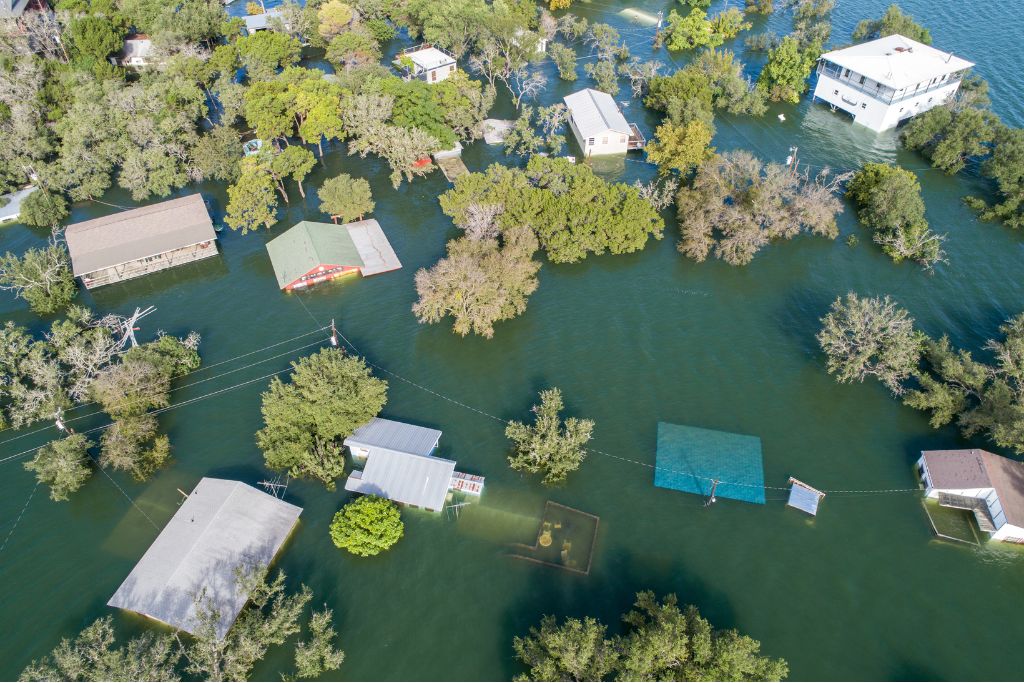Countries in Dubai have so far pledged contributions of $700 million to the World Bank-hosted loss and damage fund.
—
Contributions from developed nations to the Loss and Damage Fund have reached US$700 million as the first week of the UN climate summit in Dubai comes to an end, less than 0.2% of the economic and non-economic losses developing countries face every year from global warming.
On the opening day of COP28 in Dubai, wealthy nations pledged to contribute at least $260 million to the fund, surpassing the minimum threshold of $200 million required to initiate operations.
The United Arab Emirates, COP28’s host, and Germany pledged $100 million, respectively. The UK said it would contribute $50 million, Japan – the world’s third largest economy – pledged $10 million. US climate envoy John Kerry said the Biden administration will provide $17.5 million. Historically, the US is the worst greenhouse gas emitting country.
Other contributions announced during the first week of the summit include $50 million from Denmark, $27 million each from Ireland and the EU, $25 million from Norway, $12 million from Canada, and $1.5 million from Slovenia.
Despite already marking a significant milestone in supporting vulnerable communities, contributions so far have fallen far short of what developing nations need to tackle climate-related challenges, which is estimated at at least $400 billion per year and expected to grow as the crisis intensifies. Despite contributing the least to global warming, poor nations are the ones bearing the most brunt.
“The fund must operate in an unconventional manner compared to existing funds, tailor itself to the needs of developing countries impacted by loss and damage, and ensure direct support reaching vulnerable countries and communities,” said Manjeet Dhakal, Advisor to the Chair of the Least Developed Countries (LDC) Group.
“Loss and fund” refers to the economic, social, and cultural losses and damages caused by anthropogenic climate change to natural and human systems, including human-induced extreme weather events and slow onset events such as sea level rise, rising temperatures, ocean acidification, glacial melting, ecosystem degradation, and desertification.
The idea for a Loss and Damage Fund emerged from a years-long fight for climate justice as a response to the recognition that climate change disproportionately impacts marginalised communities and exacerbates existing social and economic inequalities. It was formally approved at COP27 in Egypt last year, though progress has been slow ever since.
A framework for the operationalisation of the fund agreed last week assures the World Bank as the fund’s host on a four-year interim basis – despite the US pushing to make this permanent. Developing nations initially expressed opposition to the idea of the Bank hosting the Fund due to their lack of confidence in the institution’s significant shift towards promoting climate action.
“With the loss and damage fund established here it may seem like that story is over and countries can pat themselves on the back with a job well done,” said Mohamed Adow, director of the climate and energy think tank Powershift Africa. “However, the bill for loss and damage will only increase if adaptation is not sufficiently funded and emissions are not urgently cut – they are part of the same puzzle being negotiated within the global stocktake discussions.”
As COP28 negotiations enter their second week, all eyes are on wealthy leaders to step up and make bolder pledges.
You might also like: COP28 Week 1: Recap


















